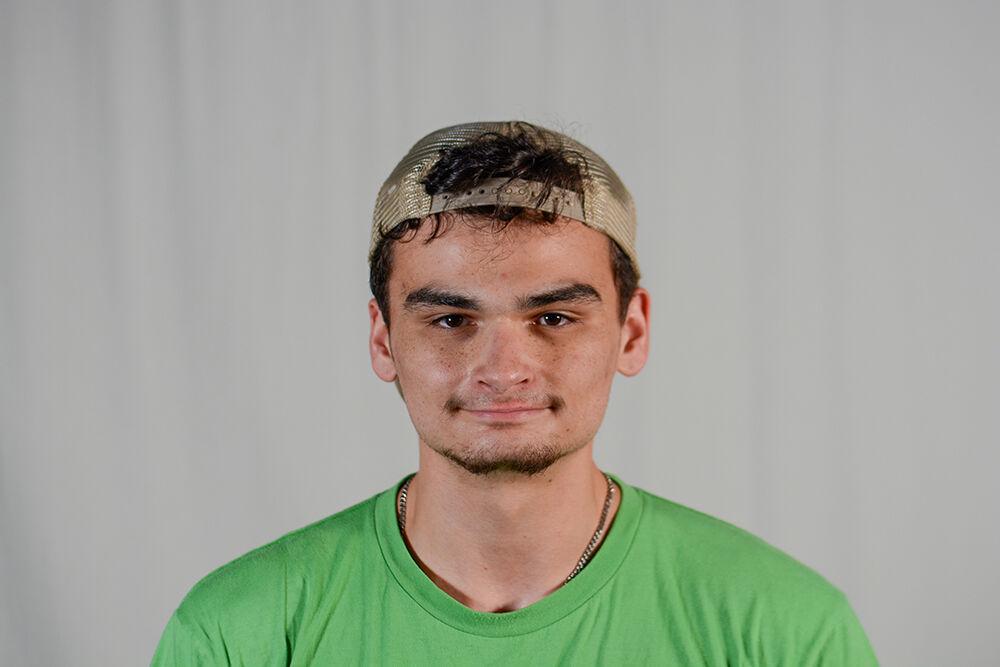Editor’s Note: This article contains reference to suicide and mental illness.
Depression and anxiety — to many, these are just nouns. However, these illnesses used to define me. For as long as I can remember, I have taken medicine to combat these disorders. I was lucky.
One of the many perks of being the son of a psychiatrist is that I could get help early. My father was able to see the anger and contempt I used to have and correctly identify my issues.
For a large part of my life in high school, I had suicidal intentions. I was jealous of how easy it was for other people to socialize and make friends, and I processed this jealousy in many ways, none of which benefited me. I would transfer my anger to others, or I would binge eat to feel the happiness that came with eating.
These responses created cycles of negativity that became apparent in my self-image. This negative self-image and a very unhealthy relationship with death made my depression even worse. Though I am only 20 years old, I have experienced more deaths than people twice my age. I have no grandparents left. I’ve seen cousins die, uncles die and my brother’s best friend, whom I idolized like a big brother, die.
All these deaths, coupled with a mentality that was already negative, created a feeling that I was cursed. I became comfortable in my depression, and I didn’t believe there was any way out.
However, after starting therapy, I finally recognized that I had free will. I realized I was more than my mental illnesses and I became a different person.
During the summer of 2022, I was finally the man I always wanted to be.
I spread positivity by volunteering and donating to charity. I began to be more empathetic. I made friends with ease because my attitude was always positive.
Still, even in these moments of comfort, life’s unpredictability usually wallops you the worst. On Sept. 18, 2022, I lost my best friend. He was one of 14 student deaths that our school had last year. It’s a day that haunts my mind. I remember every detail of the day. I heard tears from people I never saw get upset, let alone cry.
After his death, I acted maturely and put on a facade to deal with it. I had lost so many other people. Why would this time be different?
I was arrogant. I tried to be the light for other people, but I hadn’t helped myself first. It wasn’t until after the funeral that the gravity of my situation hit me; I’d lost one of the most important people in my life. I had known him since I was eight years old. We played soccer together. We became men together.
His death felt like it broke me. My old, depressive state came back to me. The suicidal thoughts came back, but I had no suicidal intent. I floated in a realm between life and death. I wanted to die, but I understood that I couldn’t die because I couldn’t let anyone else feel the grief that came with death. The same grief that I became used to.
With this feeling came negligence. I no longer cared what happened to me. My relationships with other people worsened. I didn’t want people to be associated with me because I seemed to bring pain to others. I acted out, and I lost many relationships that I had with people because of my pain.
One day, however, I looked at myself in the mirror, and I told myself that the death of my best friend would either break me or make me. Breaking was never an option. It would bring dishonor to my friend’s legacy if I broke. With time, a lot of therapy and self-care, I am drawing closer to the version of myself that existed before his death.
Believe it or not, my story isn’t meant to be a trauma dump. I do not need your sympathy, nor do I desire it. I wrote this because I want you to do better than me. I did not have to ruin relationships if I was just honest about my situation.
Although I wish I could’ve figured it out under different circumstances, I learned many lessons from his death. I learned to be honest with myself and understand that I have limitations.
The most important thing I learned is how interconnected each person is to others. You may feel alone, but you aren’t. I know for certain there were points in my friend’s life where he felt alone. At his funeral, however, there were more than three hundred people. So many people care about you and would be damaged by your death. You owe it to them to keep on going.














